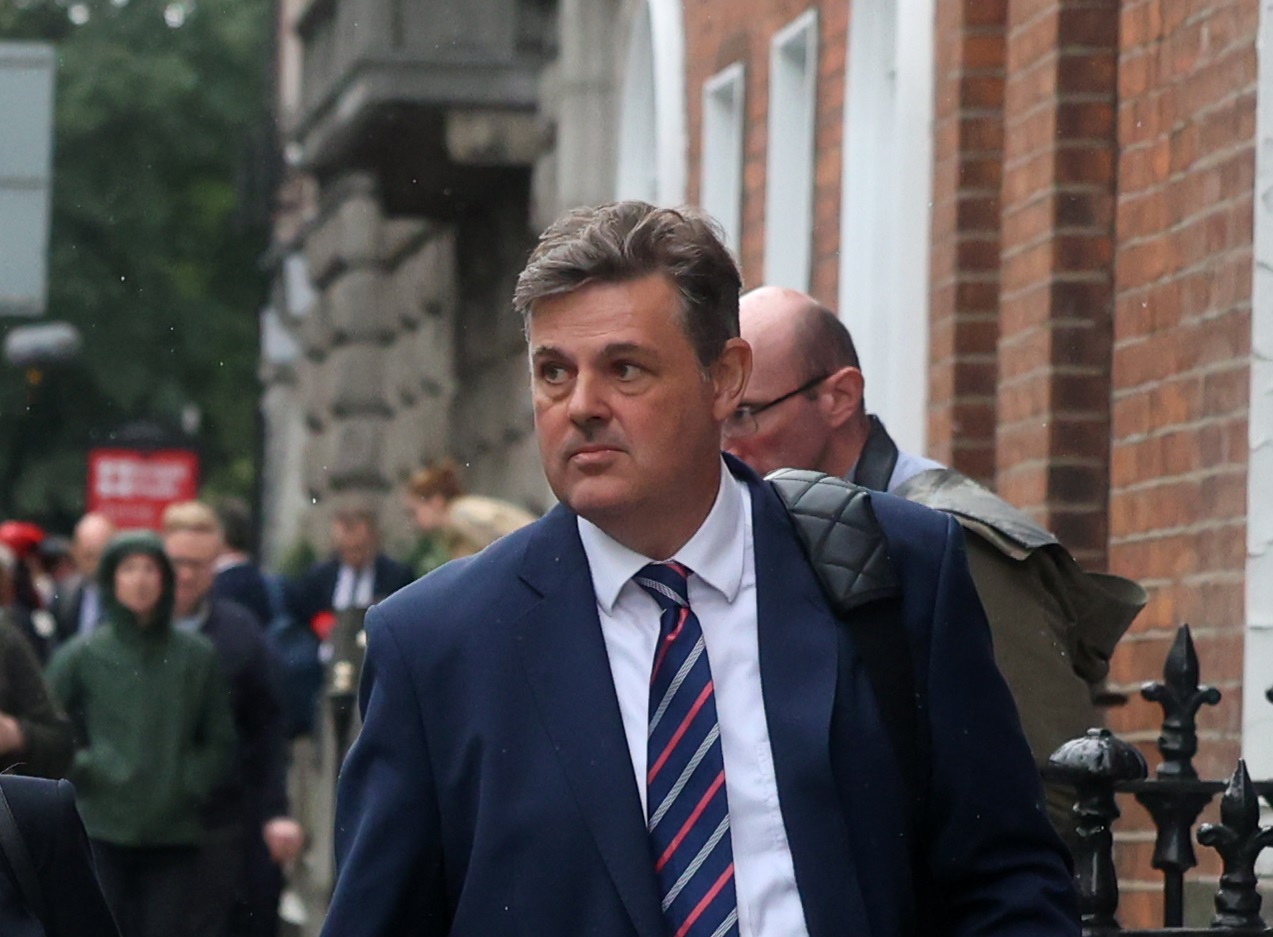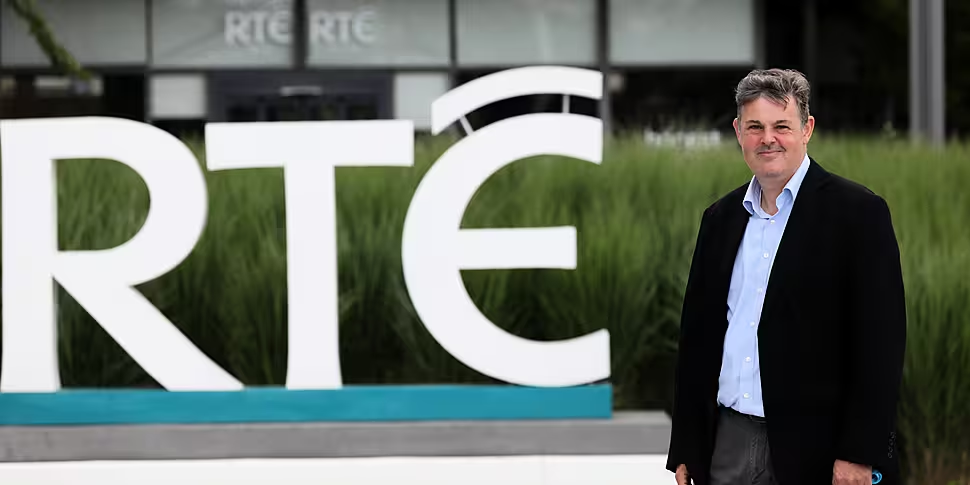RTÉ Director General Kevin Bakhurst has sent “a cleaning warning shot” that RTÉ presenters could be paid less in the future.
That’s according to Irish Independent Ireland Editor Fionnán Sheahan, who said the failed negotiations between RTÉ and Ryan Tubridy has set a tone for the future.
Mr Tubridy was in negotiations to return to his radio show on RTÉ Radio One and was due to receive a salary of €170,000 under a new contract.
Following the findings of a Grant Thornton report, Mr Tubridy made a statement last Wednesday welcoming the findings that was criticised by some for not taking any responsibility for the previous pay scandal.
The following day, Mr Bakhurst announced RTÉ had decided not to continue in its negotiations, telling Newstalk the statement was not the sole reason but "everybody involved needs to take the right amount of blame for their own actions".
Irish Independent Ireland Editor Fionnán Sheahan told The Pat Kenny Show the failed negotiation has set a tone for the future.
“The DG confirmed last week that one of RTÉ’s biggest stars was intended to work for a third of the money he was paid last year,” he said.
“It sent a clear signal this is the new benchmark,” Mr Sheahan said. “This is where it’s being set.
“Bakhurst said that for other people who are negotiating individually instead of being on a pay scale, this would arise when their contracts are up.
“It’s a clear warning shot,” he said.
Contract negotiations
Mr Bakhurst also said last week he would not be negotiating directly with Mr Tubridy’s agent Noel Kelly when his other clients are up for renewal.
His statement has raised questions about whether RTÉ will allow any third party to represent someone in negotiations.
Mr Sheahan said Mr Bakhurst cannot suggest no third parties are allowed.
“There are actors on Fair City who are represented by a trade union as their agent,” he said. “You can’t say, ‘Oh we’re not going to deal with trade unions’.
“Some people are represented by a lawyer... you're still going to have to deal with a third party in contract negotiations.
“Someone who’s presenting would not know the niceties of the legal issues that would arise in contract negotiations, so you’re entitled to have representation of some sort.”
 Incoming Director-General of RTÉ Kevin Bakhurst leaving after meeting Media Minister Catherine Martin at her department in Dublin city. Picture by: Sam Boal/Rollingnews.ie
Incoming Director-General of RTÉ Kevin Bakhurst leaving after meeting Media Minister Catherine Martin at her department in Dublin city. Picture by: Sam Boal/Rollingnews.ieWhatever pay people receive or how they receive it, however, “doesn’t amount to the whole hill of beans in terms of RTÉ’s financial difficulties”, according to Mr Sheahan.
“What is the future funding model of RTÉ?” he said.
“They still sit on a substantial land base in the most expensive post code in the country, so they have to look at that.
“Or if there is a move towards RTÉ being more of a public service broadcaster and outsourcing the commercial side of it, then all that issue of staffing comes up.”
RTÉ staff may end up losing their jobs, depending on how the organisation attempts to resolve its financial problems.
“You're going to get into a real difficulty there in terms of trade union backlash, public backlash,” Mr Sheahan said.
You can listen back here:









